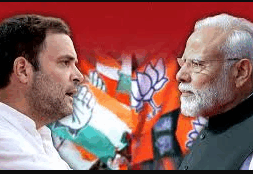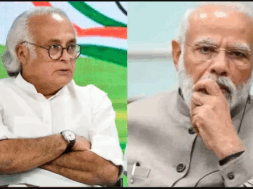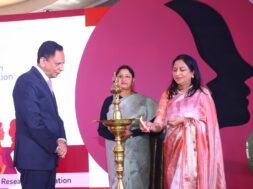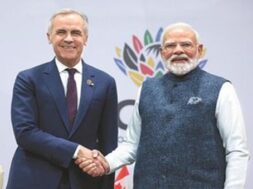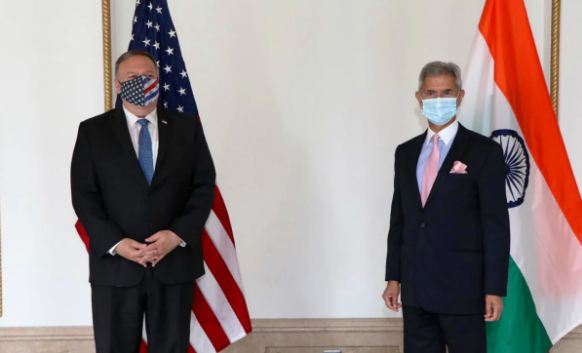
Virendra Pandit
New Delhi: The Asian version of the North Atlantic Treaty Organization (NATO) may be in the offing, with India as its likely headquarters.
Its four founding members–the US, India, Australia, and Japan–whose close cooperation is now known as the Quadrilateral Security Dialogue (Quad), are expected to enlarge the membership of the proposed group by inviting more countries.
Founded in 1949 against the then expansionist Soviet Union, NATO is an intergovernmental military alliance. Headquartered at Brussels, Belgium, it currently has 30 member countries of North America, Europe as well as Turkey. The Asian NATO is, likewise, expected to become a security wall against an expansionist China.
Contours of this development have begun to surface.
With both India and China preparing for an expected ‘hot winter’ in Ladakh and Jammu and Kashmir in the next few weeks, the USA has dubbed Beijing as “an elephant in the room” and said Washington wants to advance India’s geopolitical and strategic interests in the Indo-Pacific Region.
US Deputy Secretary of State Stephen Biegun said here on Monday that America was exploring ways to empower India, without altering New Delhi’s “strong and proud tradition of strategic autonomy.”
Biegun’s ongoing three-day India visit would prepare the groundwork for the “2+2” dialogue to be held later this month between US Secretary of State Mike Pompeo and Defense Secretary Mark Esper, and their Indian counterparts External Affairs Minister Dr. Subrahmanyam Jaishankar and Defense Minister Rajnath Singh.
Addressing the opening session of the India-US Forum, he said: “India has a strong and proud tradition of strategic autonomy, and we respect that. We do not seek to change India’s traditions.”
“Rather we want to explore how to empower them and India’s ability to defend its own sovereignty and democracy and to advance Indian interests, across the Indo-Pacific region.”
Biegun underlined that the US has increased military equipment sales and intelligence sharing with India. “But there is more that we can do, including strengthening India’s ability to defend itself and by promoting interoperability among our militaries.”
He said the partnership between the four Quad countries is driven by “shared interests, not binding obligations, and is not intended to be an exclusive grouping.”
“Any country that seeks a free and open Indo-Pacific and is willing to take steps to ensure that should be welcome to work with us,” he said.
Biegun’s visit follows a meeting last week between Pompeo and his counterparts from India, Japan, and Australia in Tokyo, who together make up the four Indo-Pacific nations’ group, known as the Quad.
The group is seen as a counterweight to China, which has opened multiple military theatres in the South China Sea, East China Sea, Taiwan Strait, and along its northern border with India. Pompeo had also said that China has amassed 60,000 troops of the People’s Liberation Army (PLA) along the Line of Actual Control (LAC) in Ladakh.
The US Secretary of State had said that China’s increasingly assertive actions across the region made it imperative for the Quad to cooperate and protect their partners and people from Chinese “exploitation, corruption and coercion.”
China routinely denies criticism of its human rights violations in Tibet, Xinjiang, and Hong Kong, as well as its handling of the coronavirus which has attracted international opprobrium. It also claims that the world’s concern over its military build-up and threats is unfounded and accuses the US as being the biggest impediment to peace in the South China Sea.


